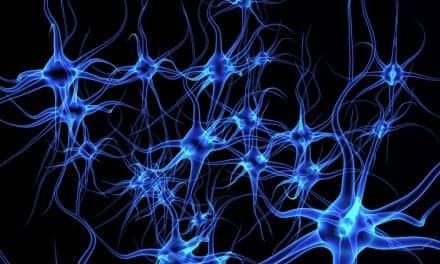Spanish researchers have discovered a new function of the neurotransmitter dopamine in controlling sleep regulation. Dopamine, which acts in the pineal gland and is central to dictating the circadian rhythm in humans, was found to inhibit production and release of melatonin.
The researchers, from the Centro de Investigación Biomédica en Red de Enfermedades Neurodegenerativas (CIBERNED), in cooperation with the Spanish Ministry of Economy and Competitiveness through the Carlos III Health Institute, and from the faculty of biology at the University of Barcelona, published their findings in the journal PLoS Biology.
All animals respond to cycles of light and dark with various patterns in sleeping, feeding, body temperature alterations, and other biological functions. The pineal gland translates the light signals received by the retina into a language understandable to the rest of the body, for example, through the synthesis of the hormone melatonin, which is produced and released at night and which helps to regulate the body’s metabolic activity during sleep.
Another hormone, norepinephrine, is involved in regulating this synthesis and release of melatonin in the pineal gland. The functions of norepinephrine are carried out via binding to its receptors in the membranes of cells. It was long believed that these norepinephrine receptors all acted independently of other proteins, but in this study, researchers discovered that this is not the case. In fact, the receptors collaborate with other dopamine receptors forming heteromers.
When dopamine then interacts with its receptors, it inhibits the effects of norepinephrine—which means a decrease in the production and release of melatonin. The researchers further found that these dopamine receptors only appear in the pineal gland toward the end of the night. Therefore, the researchers concluded, the formation of these heteromers is an effective mechanism to stop melatonin production when the day begins and to “wake up” the brain.
"These results are interesting as they demonstrate a mechanism in which dopamine, normally increased at times of stimulation, can directly inhibit production and release of a molecule, melatonin, that induces drowsiness and prepares the body for sleep," said Peter McCormick, PhD, one of the study’s authors from the University of Barcelona.
According to the researchers, the discovery of this new function of dopamine could be useful when designing new treatments to help mitigate circadian rhythm disturbances, such as those related to jet lag, those found among people who work at night, and in cases of sleep disorders in general.



